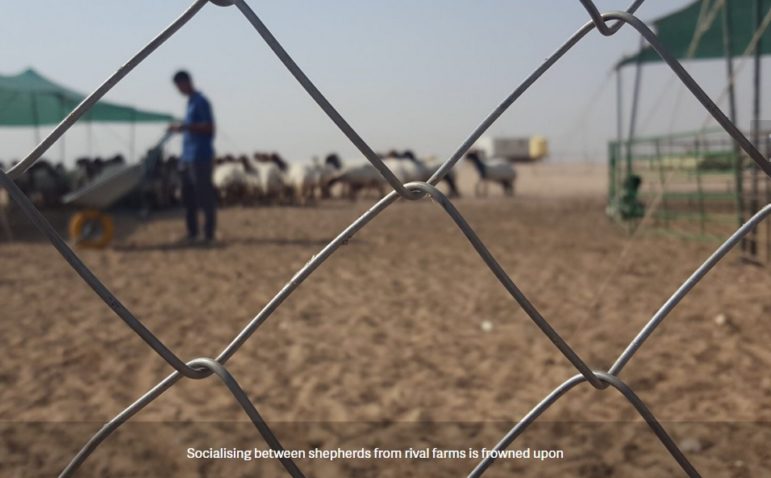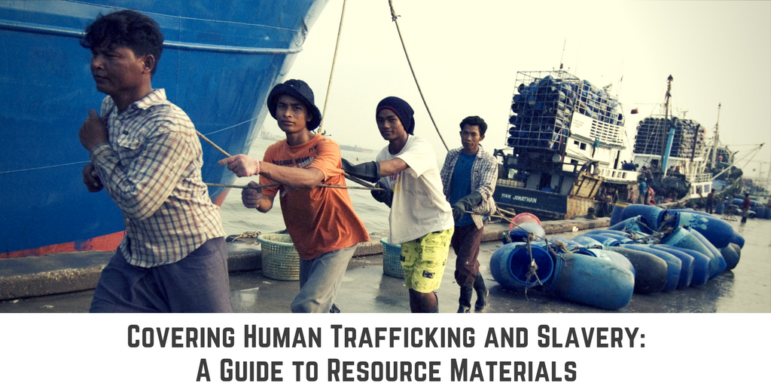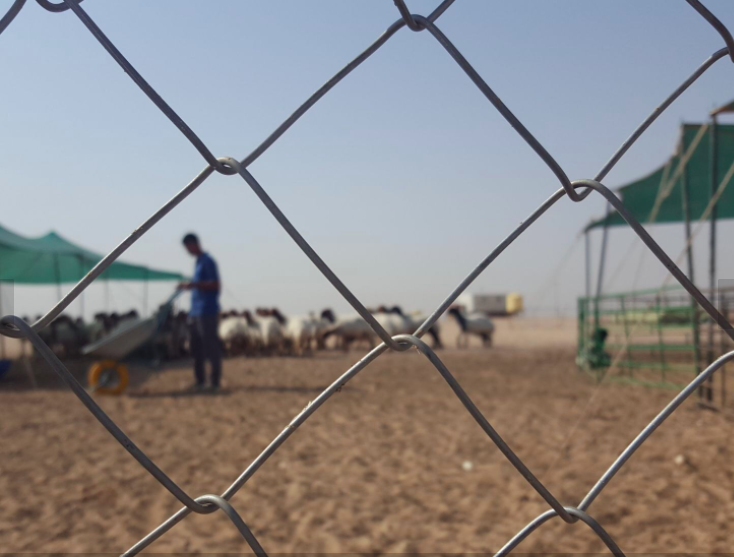

10 Case Studies in Human Trafficking
Full guide here. العربية
Below we profile 10 stories of trafficking and forced labor common throughout the countries in the Gulf Cooperation Council region, which includes the United Arab Emirates, Saudi Arabia, Kuwait, Qatar, Bahrain and Oman.
Domestic Workers: Trafficking and Unscrupulous Recruitment
Indian Women Duped by Recruiters. Indian women are regularly trafficked through the United Arab Emirates and forced to work as domestic workers in other countries in the GCC, where they are not registered with their embassies and can be subject to appalling working conditions. Here’s a similar story.
Domestic Workers For Sale in Oman. Domestic workers are being traded illegally by expatriate agents in an Omani town for less than $4,000. This is an example of how women are trafficked across GCC borders to bypass recruitment regulations for domestic workers.
Traded and Sold on Twitter. Sponsors hoping to avoid paying for a ticket to send their domestic worker home, or hoping to make a profit from relinquishing her visa to another sponsor, find a thriving market online. Prospective employers looking to avoid high recruitment costs are their buyers, and the language used in these transactions underscores the slavery-like nature of this visa trade.
Stranded
Nepalese Migrant Workers Stranded. Twenty Nepalese citizens were stranded in Qatar after their new sponsor attempted to force work terms they hadn’t agreed to, and denied them access to their passports. This is an example of how workers can become victims of forced labor after arriving in the country, and how sponsorship laws make it difficult for workers to escape these conditions.
No Reprieve for Victims of Saudi Financial Crisis. Hundreds of workers were stranded in Saudi Arabia after the collapse of construction giant Saudi Oger and other companies. Many had gone months without pay and were forced to work in labor camps.
Stranded Expat Pleads for Help. Even with reforms to the sponsorship system, migrant workers remain extremely dependent on their sponsors. If a sponsor fails to renew a worker’s visa, it is most often the worker who is criminalized and becomes “illegal.” With many embassies unable to manage the volume of cases they receive, migrants can be stranded for years.
Debts and False Promises
Where Goats are King and Men Suffer. Men come to Kuwait on domestic worker visas believing they will be drivers, but end up working as shepherds and farmers in distant desert towns and in bleak conditions.
Ugandan Migrants Stranded in Abu Dhabi Bakery. Workers often pay steep recruitment fees in exchange for the promise of a high salary and decent work. Even where laws have been implemented to protect against contract substitution, the pay and conditions they receive once in the destination country can be very different from the terms they agreed to. Sponsorship laws, bureaucratic obstacles and recruitment debt make it difficult for migrant workers to leave work.
No Way Out: Exit Permits and Confiscated Passports
Indian Doctor Stuck in Saudi. Migrant workers are especially vulnerable to abusive or negligent sponsors in countries that require sponsors to issue exit permits for migrant workers to leave, whether for vacation or upon completing a work contract. In this case, a sick migrant worker was refused exit by his sponsor over a year ago and had been trying to return to India since.
Lebanon’s Migrant Workers Under Pressure. Passport confiscation is illegal in the Gulf, Jordan and Lebanon, but remains a common practice with lax punishment. Without access to their passports, migrants cannot leave the country or, where sponsorship laws permit, even find another job.










